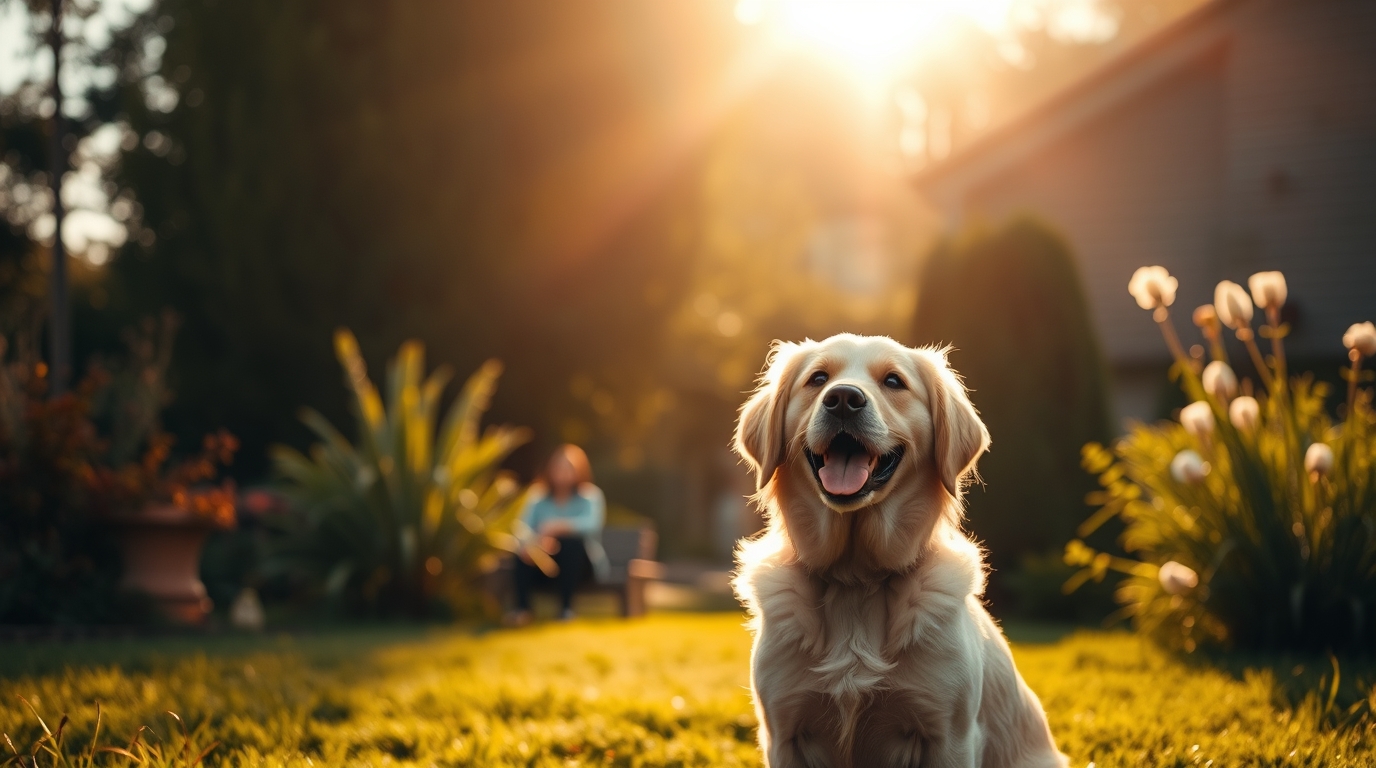
How to Potty Train a Puppy? Our comprehensive guide covers everything you need to know for successful puppy toilet training, from setting a routine to handling accidents.
How to Potty Train a Puppy: A Comprehensive Guide
Potty training a puppy can seem like a daunting task, but with patience, consistency, and the right approach, you can successfully house-train your new furry friend. This guide will walk you through the essential steps to ensure a smooth and stress-free potty training experience for both you and your puppy. Remember, every puppy is different, so adjust the techniques to suit your dog’s individual needs and personality.
Establishing a Routine
A consistent routine is the cornerstone of successful potty training. Puppies thrive on predictability, and a structured schedule helps them understand when and where they are expected to relieve themselves.
- Establish regular feeding times: Feeding your puppy at the same times each day helps regulate their bowel movements.
- Take your puppy out frequently: Puppies need to go out frequently, especially after waking up, eating, drinking, and playing. Aim to take them out every 2-3 hours, and even more often for younger puppies.
- Choose a designated potty spot: Select a specific area in your garden for your puppy to use as their toilet. The consistent scent will encourage them to eliminate there.
- Use a cue word: When your puppy is in the act of eliminating, use a consistent cue word such as “potty” or “wee-wee.” This will help them associate the word with the action, making it easier to prompt them to go on command later on.
Positive Reinforcement
Positive reinforcement is far more effective than punishment when it comes to potty training. Rewarding your puppy immediately after they eliminate in the correct spot will reinforce the desired behaviour.
- Praise and treats: When your puppy eliminates outside, offer enthusiastic praise and a small, tasty treat immediately.
- Consistency is key: Reinforce the behaviour every time your puppy goes potty outside.
- Avoid punishment: Never scold or punish your puppy for accidents inside the house. This can create fear and anxiety, making them less likely to eliminate in your presence. Instead, clean up the accident thoroughly and refocus on reinforcing the correct behaviour outside.
Dealing with Accidents
Accidents are inevitable during the potty training process. It’s important to handle them calmly and effectively.
- Clean up thoroughly: Clean up any accidents inside the house immediately using an enzymatic cleaner. This type of cleaner neutralises the odour, preventing your puppy from being attracted to the same spot again.
- Don’t make a fuss: Avoid making a big deal out of accidents. Simply clean them up without scolding or punishing your puppy.
- Recognise the signs: Learn to recognise the signs that your puppy needs to go potty, such as circling, sniffing, squatting, or whining. When you see these signs, take your puppy outside immediately.
Crate Training (Optional)
Crate training can be a valuable tool in potty training, as dogs naturally avoid soiling their sleeping area.
- Introduce the crate gradually: Make the crate a positive and comfortable space for your puppy by associating it with treats and toys.
- Never use the crate as punishment: The crate should be a safe haven for your puppy, not a place of punishment.
- Take your puppy out immediately after they come out of the crate: This is a prime time for them to need to relieve themselves.
Overnight Potty Training
Overnight potty training requires extra attention and patience.
- Limit water intake before bedtime: Avoid giving your puppy water close to bedtime to reduce the likelihood of accidents overnight.
- Take your puppy out right before bedtime: Ensure they have a chance to relieve themselves before going to sleep.
- Consider a nighttime potty break: Depending on your puppy’s age and bladder control, you may need to take them out for a potty break once or twice during the night.
Patience and Consistency
Potty training takes time and patience. Don’t get discouraged if your puppy has accidents. Stay consistent with your routine, use positive reinforcement, and celebrate your puppy’s successes. With dedication and perseverance, you’ll successfully potty train your furry companion.
FAQ
How long does it take to potty train a puppy?
The time it takes to potty train a puppy varies, but generally, it takes between 4-6 months.
What do I do if my puppy keeps having accidents in the same spot?
Clean the area thoroughly with an enzymatic cleaner to eliminate the odour and deter your puppy from going there again.
My puppy seems to go potty outside, but then has an accident inside right after. Why?
Your puppy may not be fully emptying their bladder outside. Try staying outside with them a bit longer and encouraging them to go again.
external_links:
